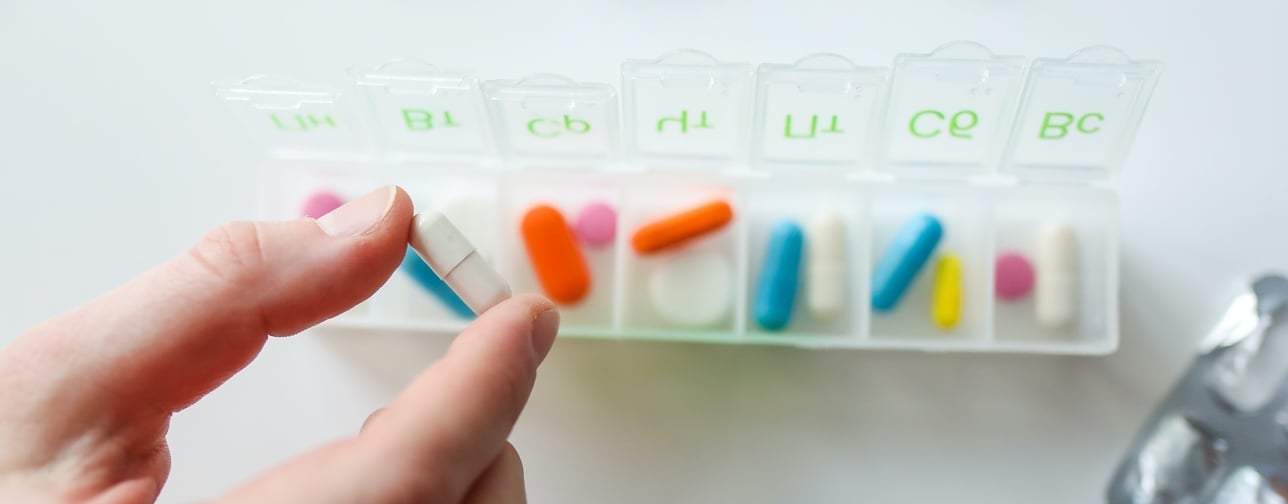Pharmaceutical Modeling
United Therapeutics uses JuliaHub to build a computational model of the lung to develop treatments for rare diseases, including diseases affecting the lungs
This includes pharmacokinetic and pharmacodynamic (PK/PD), physiologically based pharmacokinetic (PBPK), and quantitative systems pharmacology (QSP) models. Pumas can also perform non-compartmental analysis (NCA), bioequivalence and in vitro-in vivo correlation (IVIVC) analysis providing a common toolset to perform all analyses in the horizontal of clinical drug development and clinical trial simulation. Pumas is the first platform to provide true integration of pharmacometric models with convolution neural networks and other machine learning approaches. Pumas is massively scalable with an inherent ability to run on GPUs and on any hosted or private cloud computing setups in conjunction with JuliaTeam and JuliaHub. Pumas is a product from Pumas-AI, Inc.
Pumas is designed to take over the repetitive, predictable tasks, allowing scientists more time to focus on the solution.
Single solution from pre-trial to launch in a drug development workflow, obviating the need for multiple languages, products, and solutions.
Much easier to develop and use models. Easy for a new user to learn. Easy to parallelize.
10x to 1000x faster than other traditional products. Works seamlessly on GPUs.
Pumas can be run on a single machine or on a server, and can be easily scaled to large number of cores or nodes in a private data center or on AWS, on Azure or Google Cloud.
Leverage any computing environment - including the world’s most powerful supercomputers, TPUs and GPUs in the cloud or your own cluster.
Leverages machine learning, including the ability to explain the models for regulatory purposes.
Single language for both interactive development and deployment to production.

United Therapeutics uses JuliaHub to build a computational model of the lung to develop treatments for rare diseases, including diseases affecting the lungs

AstraZeneca and Prioris.ai researchers use Julia, Flux.jl and Turing.jl to predict toxicity with a Bayesian neural network

Pfizer uses Julia to accelerate simulations of new therapies for metabolic diseases up to 175x
WEBINAR
WEBINAR
WEBINAR